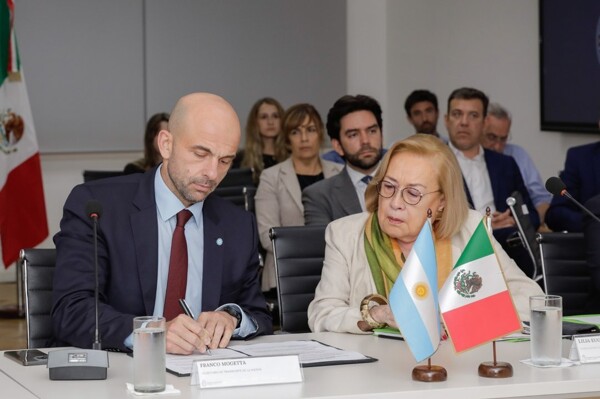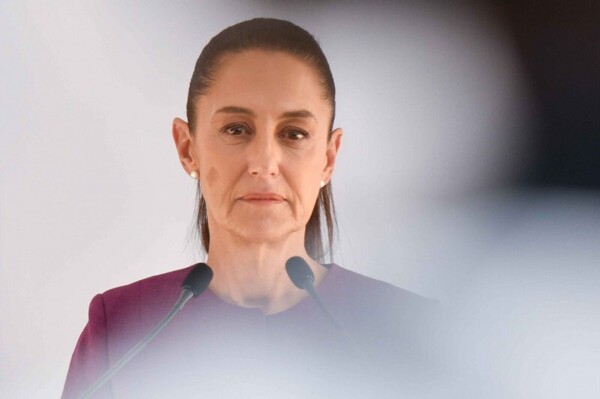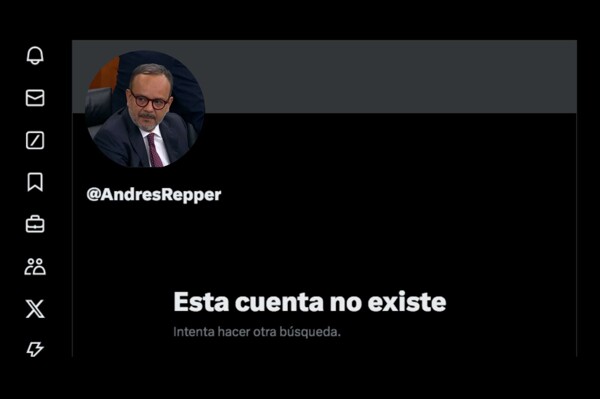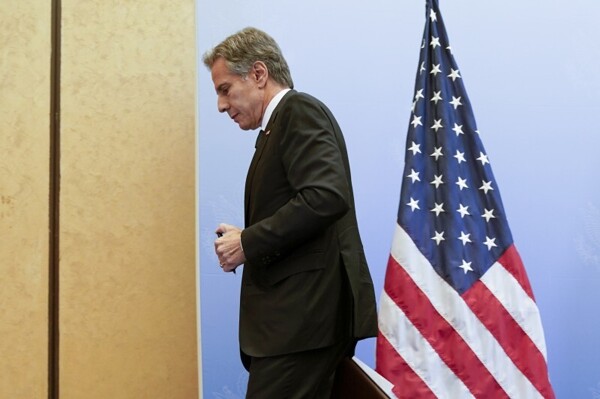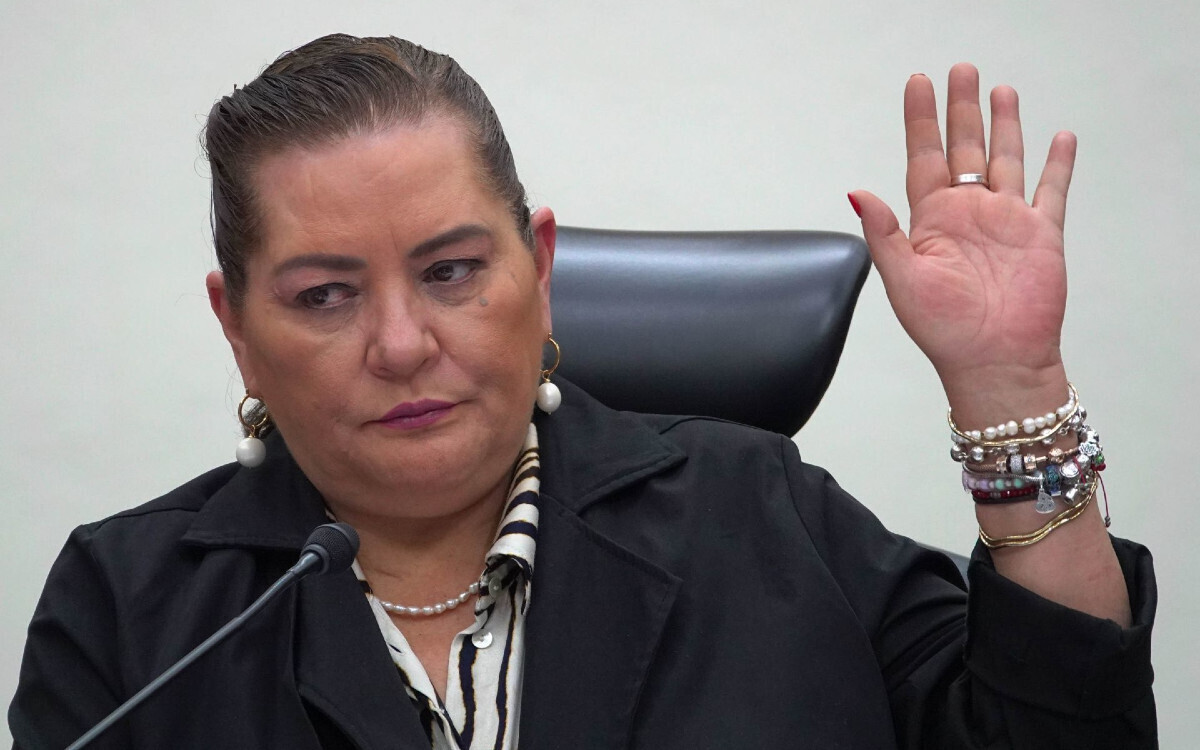
The General Council of the National Electoral Institute (INE) approved the processing of a constitutional dispute to contest the new authority that allows the presiding counselor to unilaterally make the most important appointments. The project was approved by six votes in favor and five against in a session marked by mutual claims among counselors.
The majority argued that the lawsuit would protect the collegiality of the institute and strengthen appointments, to safeguard the organization of elections. The five counselors against it argued that the constitutional dispute is not the appropriate way to address this issue; they claimed not to have been informed about the resource and four of them expressed their agreement with the new powers of the presiding counselor.
Amid these discussions, presiding counselor Guadalupe Taddei expressed her concern about the negative precedent this could set for the institution. She also emphasized that she sees this action as an invasion of her powers for the second time. Taddei revealed that she attempted to halt the vote on the project until the Supreme Court commented on the judicial reform, a proposal that was not accepted.
On the other hand, Norma Irene de la Cruz criticized the fact that the point of agreement was not consensual or internally debated, causing a media scandal. Jorge Montaño opined that the proposal to challenge the authority of the presiding counselor was inappropriate, as it did not endanger the operation of the institute nor the principle of certainty in the organization of elections. Rita Bell and Uuc-kib Espadas also expressed their reservations about the action taken by the council.
In contrast, Claudia Zavala argued in favor of the constitutional dispute as a valid resource to defend the electoral system. Jaime Rivera defended the constitutional design and the importance of protecting collegiality in relevant decision-making. For her part, Dania Ravel highlighted the need to respect the design and operation of the INE, with strengthening precedents since 1990. Arturo Castillo concluded by explaining that the process seeks to maintain collegiality and transparency in the institute's decisions.











